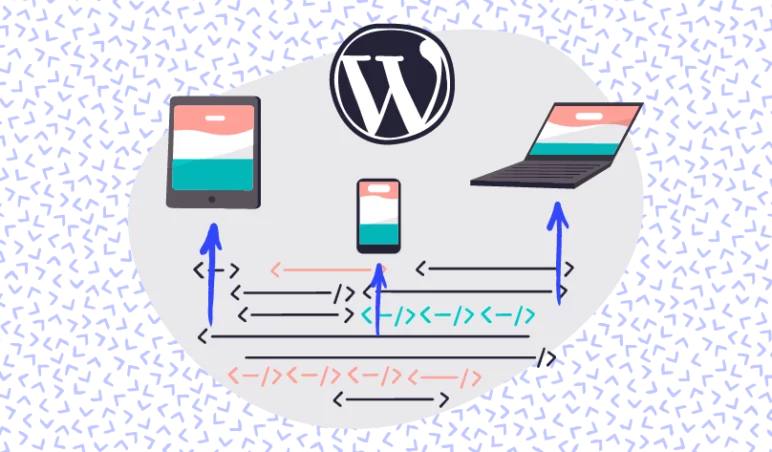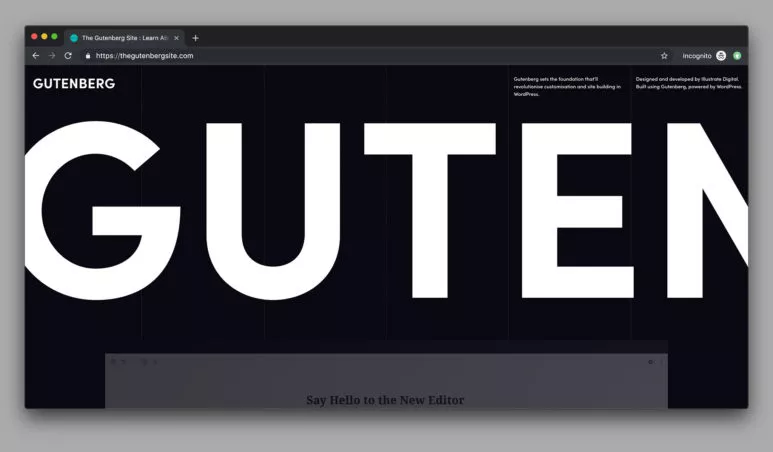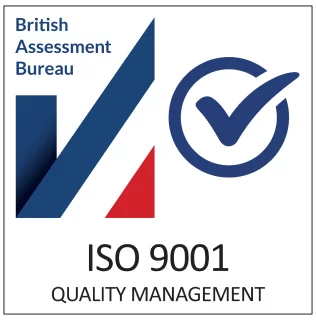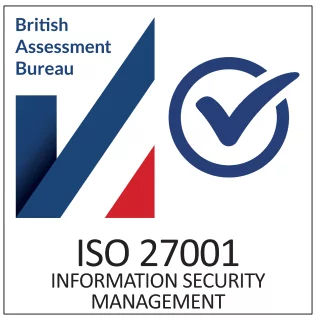The WordPress API can be used in many ways. Here, one of our WordPress developers Nathan breaks down how to use the platform as part of web application development.
Most people solely see the WordPress API as a content management system, but I’m here to show you that the platform can be used for web application development too! Using applications is not uncommon for businesses, so with WordPress having more than 80% of the content management market share, it isn’t a stretch to realise that brands are also using the platform for web applications.
WordPress won’t necessarily solve all of your web application problems, but the platform is perfect if you need an app to be updated by non-technically minded people within your business, be developed quickly, and if you need to have an app that is easy to access and simple to navigate.
While some would rather believe that WordPress is not powerful enough to create web applications, Illustrate Digital have been doing exactly that for a number of years and integrating first-of-their-kind software using the platform – so we know otherwise.
Here, I break down how to use WordPress to develop a web application in the hopes that you can utilise everything the platform has to offer. It’s not an explanation for developers, but should help you get a good understanding of what’s involved.
So, what is a Web Application?
In simple terms, a web application is a program that is stored on a remote server that is delivered through the internet to your screen. Its purpose is to help a user perform very specific tasks. Examples include shopping carts, word processors, ticket booking systems, fillable online forms, editing applications, etc.
Basically, if you’ve ever used the internet, you’ll have come into contact with a web application along the way.
Why do our clients want to use web applications? Well, they improve service. Often, a web application can soothe customer frustrations, provide technical solutions and help businesses catch up to their competitors.
While I would probably never recommend using web applications and plug-ins to solve design problems, creating a bespoke application can improve service and diversify the offerings of a business in a way that doesn’t alienate its community.
The benefits of WordPress Applications
Saves time
If your business is already using WordPress, then you may want to consider developing a web application within it. More often than not, businesses can end up spending more money than necessary by ignoring the fact that the solution they need can be developed directly in their content management system, not somewhere external with a totally different supplier.
Building a web application directly in an existing WordPress site saves a lot of time, energy and money. It’s also a safe bet – WordPress has proven time and time again that it can handle complicated applications, especially in the hands of people like us.
In our view, cultivating a healthy WordPress site means trusting the platform as much as possible.
Flexible and cost-efficient design
WordPress is made up of really flexible code. Being built on PHP, JavaScript and MySQL means the platform is able to adapt to a range of application types.
The platform’s flexibility means you can be as efficient as you want. The sky really is the limit, especially if the development and integration are in trustworthy, experienced hands.
The flexibility translates to cost-efficiency, too. Very rarely will you ever have to change your platform, meaning you can make sweeping changes, additions and develop industry-topping applications to the same set of users with little need to mess with core code.
After all, the platform was developed with open-source in mind and takes a lego style approach to being able to build and change it piece by piece, a hugely efficient workflow.
Secure Web Applications
Thanks to its size, WordPress always stay on its toes when it comes to security. Hackers see it as the ‘white whale’ of platforms, meaning it can’t ever be left exposed. Not only would this leave WordPress with a damaged reputation, but it would leave the sites which use it under threat.
Broadly, WordPress has had an outstanding record against hacking attempts, meaning any web application you develop within the platform will be safe. If an application is interwoven into the code and architecture, then it will also receive the same protection, regular updates and immunity to vulnerabilities as the entire platform.
And, of course, it’s up to a website owner or agency to provide coverage in the form of regular updates. Think of it as the ‘Microsoft’ of the web world, completely secure when left in the right hands. As long as you’re updating WordPress, you’re also updating the security of your application – trust me, it’s a lot easier than any other non-WordPress method.
Fluid retrieval and presentation of data
Your website is likely to be full of data and, if you’re developing a data-based application, then WordPress is the perfect platform to create it on. Not only is a lot of data stored on WordPress, but retrieval of said data is also fluid and easy within it. Data can be retrieved through several options:
- WP_Query
- Custom SQL queries
- WordPress REST API
Usually, WP_Query is used, allowing a user to retrieve multiple bits of data, such as posts and pages, and filter that data by category, tags, date and any other custom fields they can think up.
Once this data is collected, it can then be presented within WordPress through any method a person wishes.
The ability to produce great reporting tools and to do so easily is one of our favourite advantages of the WordPress platform. It provides really insightful data to our clients and allows them to do their best work and spend their budgets in the most effective ways.
Content management potential
Seeing as WordPress is a content platform first and foremost, it makes sense that content-wise, a web application developed within the platform should excel.
Adding, editing and replacing content is extremely easy through WordPress, meaning aspects like custom menus and detailed navigational elements are simple enough without having to fiddle with the underlying code.
By having one hub for content management, it makes it easier for WordPress applications to be organised. And with several different ways of implementing the content management element of your app, you end up with something that works for you and your content editors, not just the prescribed way that things are ‘normally’ done.
How Illustrate Digital can help
One of the main reasons I’m such a big fan of WordPress is the opportunities it provides. The platform has so many advantages, especially when it’s in the trusted hands of experts like us.
I, along with the rest of the Illustrate Digital team, have produced many first-of-their-kind integrations and web applications within WordPress. We’ve built and integrated with third-party software from bet365 to Amazon AWS, Tessitura to Hubspot and many more, so you can be sure we’re in a position to help.
If you need some guidance on how to make the most of the WordPress API, then Illustrate Digital are a valuable partner and resource to make it happen. Find out more about our services and how we can help here: Our Services

















